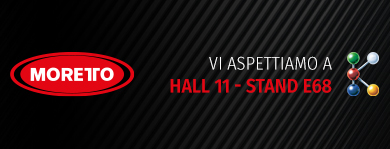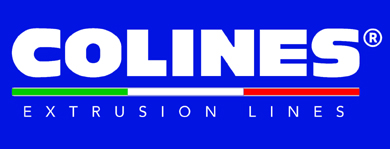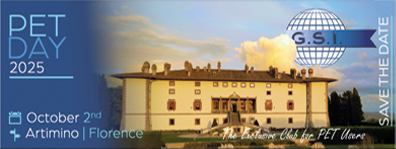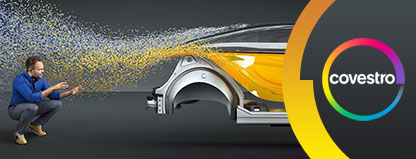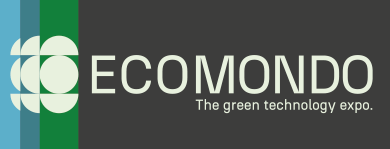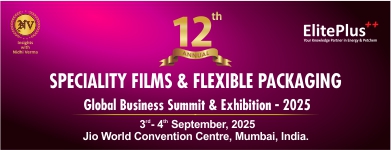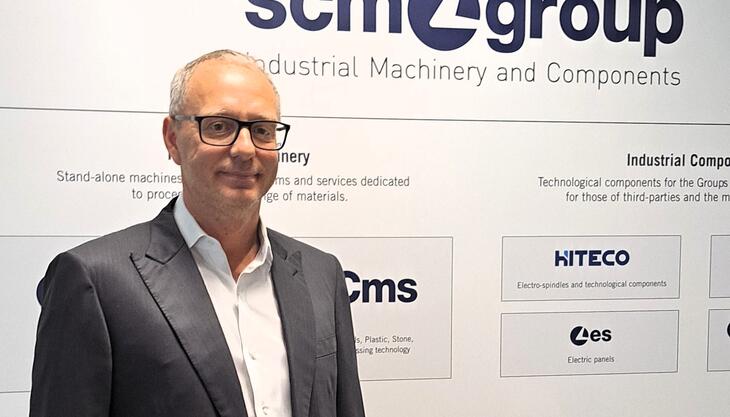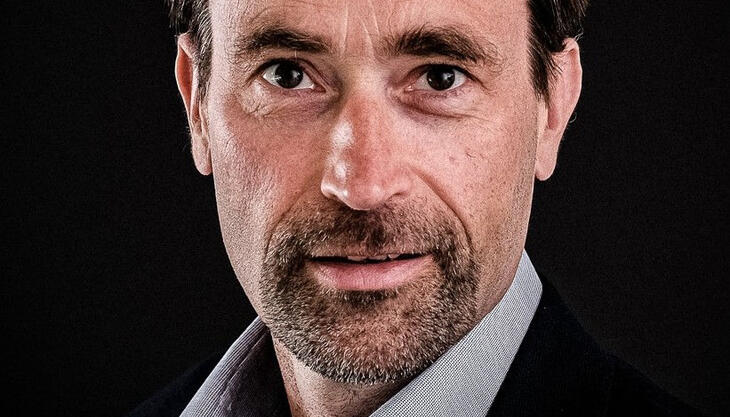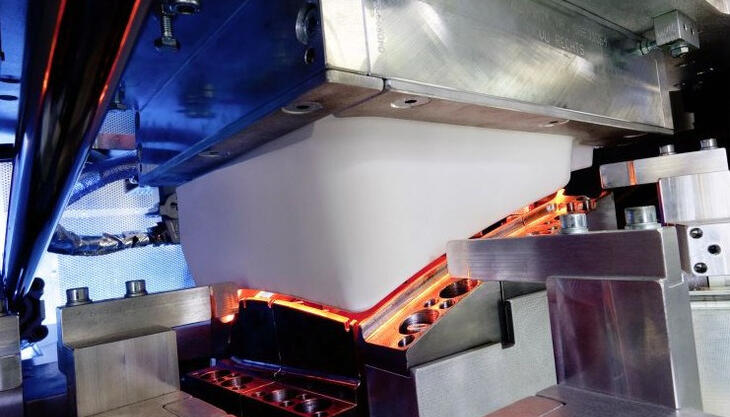The consortium Coripet, which has actually been active for two years, was officially unveiled on September 27 during an event entitled "Fare i conti con l'ambiente" (Reckoning with the environment - 25-27 September 2013, Ravenna, Italy). The key expressions echoing throughout this presentation were: independent recycling, closed pipeline and consumer incentives. Indeed, even though the peculiarities of the Conai consortium system/industry pipeline for the management of municipal waste are well known at international level, the same cannot be said of the independent systems, which are driven and supported by market logic and not legal obligations. These systems operate in parallel with the Conai system, which is not structured to deal with the management of special waste, and are indispensable in the national setting for the collection, recycling and recovery of packaging waste generated by and originating from extra-urban areas. Being involved mainly in the recycling of post-consumer PET bottles from private areas, Coripet, which is a new voluntary consortium working alongside Conai-Corepla, operates in a closed-loop pipeline that brings together producers, distributors and recyclers of PET for packaging. During the presentation in Ravenna, the president of Coripet, Giancarlo Longhi, explained that the consortium's main aim is to "speed up the pursuit of the 55% target set by national legislation of 2008 for the recycling of plastic, given that we are still at the 21% mark. This is a zero-cost operation for the consumer, who, instead, benefits from the large-scale distribution, obtaining promotional benefits linked to spending".
Indeed, as an incentive to consumers, Coripet, as part of a cooperation arrangement with leading Italian supermarkets (these are the final points in the bottle collection cycle), is launching promotions to encourage the recovery of used PET bottles.
The founders of Coripet are mineral water producers, namely the Nestlé Mineral Water, Ferrarelle, Lete, Norda and Mariva groups, and European food and safety agency-certified recycling companies, namely Aliplast, Dentis and Valplastic. As the consortium points out, in accordance with the health ministry decree of May 18, 2010, mineral water can be bottled in containers made from up to 50% recycled PET. The aim of the convention on September 27 was therefore to underline the importance assumed by independent systems and to trace a framework of reference and action within which these systems might be allowed to express their potential for further development in both production and employment terms.






